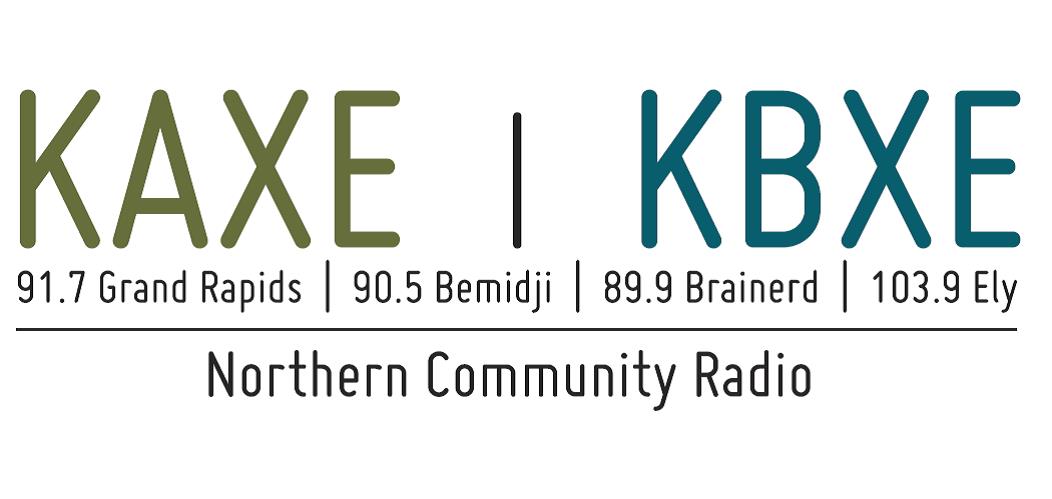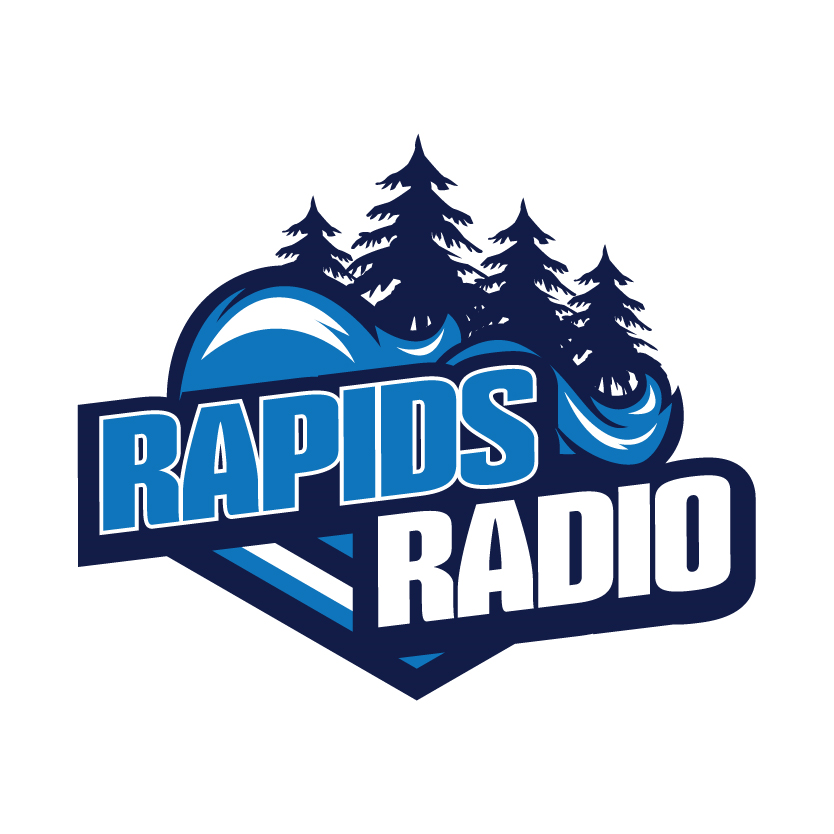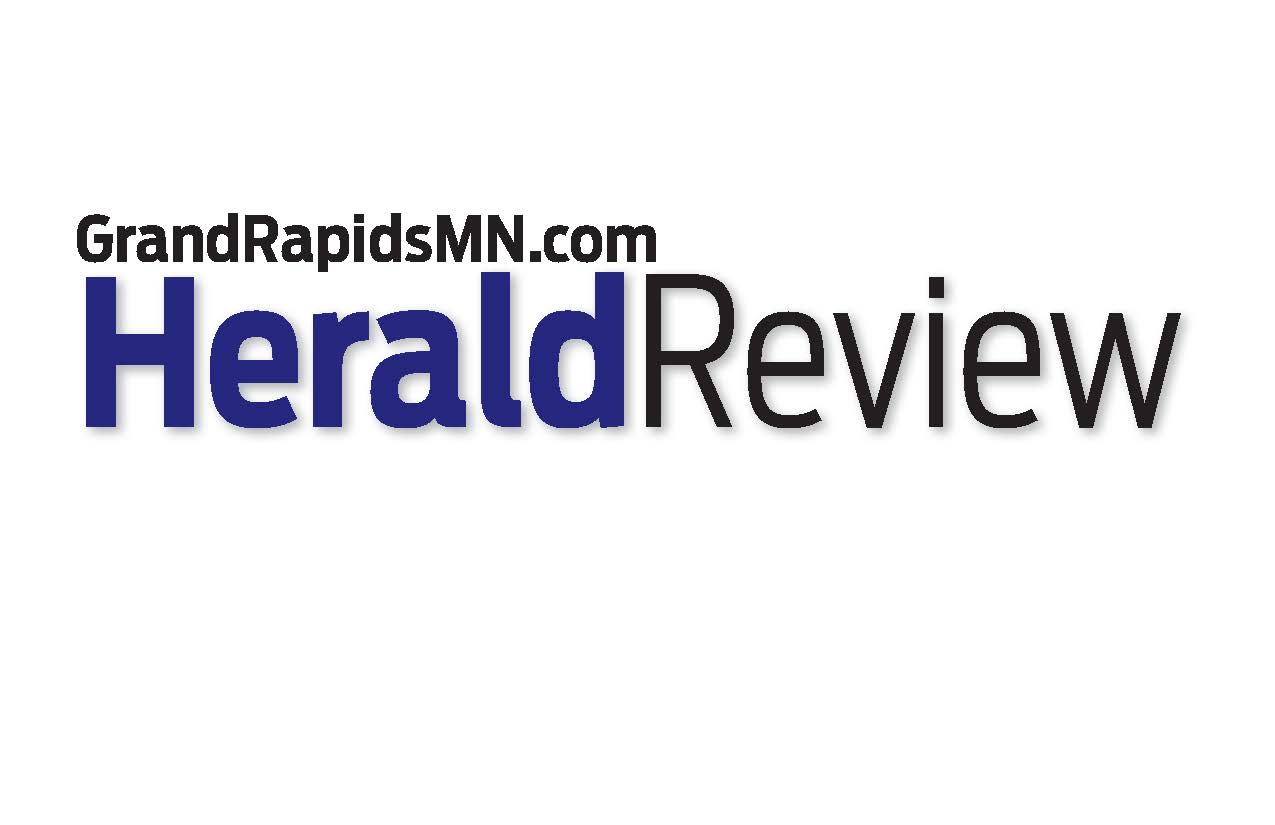
Protect Your Shoreline With An Itasca Waters Shoreland Advisor
Learn MorePractical Water Wisdom: A Virtual Learning Series
1st Thursdays at 12:00 - 1:00 p.m.
February through November 2023
Would you like to leave a legacy of clean water for future generations? Have you ever wondered about the safety of your drinking water or the quality of the lakes you love to swim in, fish in, or boat on? If either of those are true, then this series is for you!
February 2, 2023 - Loons and Bald Eagles: Can They Coexist? [See Video Presentation Here]
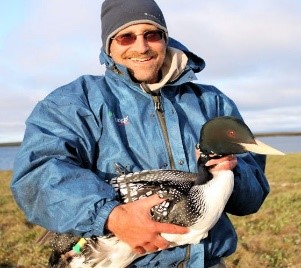 Presented by: Dr. James Paruk, Professor of Biology, St. Joseph’s College, Standish, Maine. James is one of the world’s leading experts on the Common Loon. He has studied breeding and wintering loons across North America for the past 30 years. He recently published a new book on loons that summarizes the state of knowledge about these iconic birds (Loon Lessons: Uncommon Encounters with The Great Northern Diver).
Presented by: Dr. James Paruk, Professor of Biology, St. Joseph’s College, Standish, Maine. James is one of the world’s leading experts on the Common Loon. He has studied breeding and wintering loons across North America for the past 30 years. He recently published a new book on loons that summarizes the state of knowledge about these iconic birds (Loon Lessons: Uncommon Encounters with The Great Northern Diver).
Topic Description: Bald Eagle numbers are increasing, and with that, comes an increase in eagle-loon interactions. Jim will explore these interactions, whether they are having negative population level effects on loons and what, if any, conservation measures can or should be taken.
March 2, 2023 - Water plants and woody debris in shallow water: Friend or foe? [See Video Presentation Here]
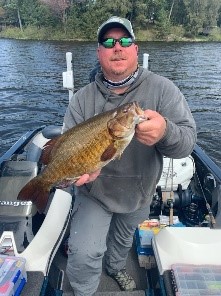 Presented by: Gregory G. Sass, PhD. Fisheries Research Team Leader, Office of Applied Science, Wisconsin Department of Natural Resources based in Boulder Junction, Wisconsin. Greg earned his B.S. with Honors in Biology (Magna Cum Laude) from the University of South Florida in 1999. He earned his M.S. and PhD in Zoology from the University of Wisconsin-Madison, Center for Limnology in 2001 and 2004, respectively. He is the former Director of the Illinois River Biological Station with the Illinois Natural History Survey (2006-2011). During 2011-2015, Greg was the Northern Lakes Fisheries Research Scientist and Northern Unit Fisheries Research Team Leader with the Wisconsin Department of Natural Resources. Much of Greg’s fisheries research career has been focused on conserving and enhancing within-lake habitat for fisheries sustainability.
Presented by: Gregory G. Sass, PhD. Fisheries Research Team Leader, Office of Applied Science, Wisconsin Department of Natural Resources based in Boulder Junction, Wisconsin. Greg earned his B.S. with Honors in Biology (Magna Cum Laude) from the University of South Florida in 1999. He earned his M.S. and PhD in Zoology from the University of Wisconsin-Madison, Center for Limnology in 2001 and 2004, respectively. He is the former Director of the Illinois River Biological Station with the Illinois Natural History Survey (2006-2011). During 2011-2015, Greg was the Northern Lakes Fisheries Research Scientist and Northern Unit Fisheries Research Team Leader with the Wisconsin Department of Natural Resources. Much of Greg’s fisheries research career has been focused on conserving and enhancing within-lake habitat for fisheries sustainability.
Topic Description: Essential habitat is critical for the sustainability of fisheries resources and ecosystem services provided by lakes. This presentation will discuss 20 years of fisheries habitat research that provides evidence for the importance of conserving and enhancing fisheries habitat to benefit lake resources. Themes will particularly focus on the role of coarse woody habitat and aquatic vegetation in playing a key role in keeping fisheries and water quality in a safe operating space.
April 6, 2023 - Decrease your water footprint and save money too! [See Video Presentation Here]
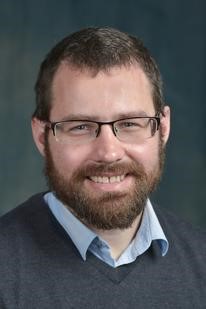 Presented by:Dr. Afton Clarke-Sather, is an Associate Professor of Geography at the University of Minnesota Duluth. He is a human-environment geographer who has studied water use and water policy for the last decade and a half. His research has examined how changing cropping systems addresses water shortages in Western China and the politics associated with drinking water systems.
Presented by:Dr. Afton Clarke-Sather, is an Associate Professor of Geography at the University of Minnesota Duluth. He is a human-environment geographer who has studied water use and water policy for the last decade and a half. His research has examined how changing cropping systems addresses water shortages in Western China and the politics associated with drinking water systems.
Topic Description: Is turning off the faucet when you brush your teeth really the most important thing you can do to save water? Most of your water use likely comes not from the water that comes out of your tap, but from water used to grow the food you eat and make the things you use. This presentation will discuss water footprints. We will examine where water use by most American's really comes from, and what you can do to save water in your daily life.
May 4, 2023 - Do horsepower and wake boating matter to your lake?
[See Video Presentation Here] View PDF Version of Presentation Here
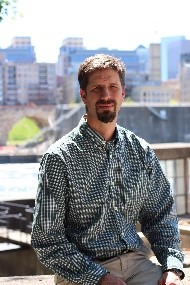 Presented by: Jeff Marr is the Associate Director of Engineering and Facilities at the St. Anthony Falls Laboratory (SAFL), University of Minnesota. He received his undergraduate degree from the University of Minnesota in 1996 in Civil Engineering and an MS, also from UMN, in 1999. In his current role, Jeff oversees the applied research team at SAFL, which has ongoing work in stormwater engineering, hydraulic modeling, wind and waterpower, river engineering and restoration, and technology development. Outside of work, Jeff enjoys many hobbies and activities including woodworking, bow hunting, and walleye fishing. Jeff lives in Roseville, Minnesota with his wife and three children.
Presented by: Jeff Marr is the Associate Director of Engineering and Facilities at the St. Anthony Falls Laboratory (SAFL), University of Minnesota. He received his undergraduate degree from the University of Minnesota in 1996 in Civil Engineering and an MS, also from UMN, in 1999. In his current role, Jeff oversees the applied research team at SAFL, which has ongoing work in stormwater engineering, hydraulic modeling, wind and waterpower, river engineering and restoration, and technology development. Outside of work, Jeff enjoys many hobbies and activities including woodworking, bow hunting, and walleye fishing. Jeff lives in Roseville, Minnesota with his wife and three children.
Topic Description: Wakeboats and other large recreational vessels are becoming more prevalent on Minnesota lakes including northern and western regions of the state. While wakesurfing is an enjoyable, family-friendly activity, it is creating substantial concern from citizens, landowners, and lake resource managers. The large waves produced by wakesurf boats have been observed to cause damage to shorelines and property and can also create unsafe conditions for other boaters. There is also concern that extreme wake waves and propeller thrust cause erosion and resuspension of sediment from the lake bottom. This seminar will report on ongoing research by the University of Minnesota, St. Anthony Falls Laboratory, looking at impacts of large boat waves on Minnesota lakes. The talk will also present UMN’s plans for future research and what actions boat owners and lake residents can take to protect lakes and recreational access for all users.
June 1, 2023 - Are invasive cattails taking over your lake?[See Video Presentation Here]
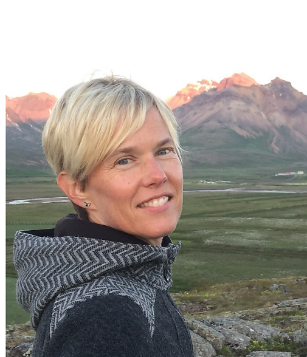 Presented by: Dr. Amy Schrank, Extension Program Leader at the University of Minnesota Sea Grant and an Adjunct Assistant Professor in the Department of Fisheries, Wildlife and Conservation Biology at the University of Minnesota. Amy is an aquatic ecologist and her current research interests include understanding the effects of invasive, hybrid cattail on fish communities, determining how dam removal affects fishes, and investigating whether sustainable aquaculture can help meet local seafood demand. Her outreach work involves collaborating with fisheries and aquaculture researchers and stakeholders around Minnesota to provide research support and a bridge to communicate technical information to stakeholders, managers, and the public.
Presented by: Dr. Amy Schrank, Extension Program Leader at the University of Minnesota Sea Grant and an Adjunct Assistant Professor in the Department of Fisheries, Wildlife and Conservation Biology at the University of Minnesota. Amy is an aquatic ecologist and her current research interests include understanding the effects of invasive, hybrid cattail on fish communities, determining how dam removal affects fishes, and investigating whether sustainable aquaculture can help meet local seafood demand. Her outreach work involves collaborating with fisheries and aquaculture researchers and stakeholders around Minnesota to provide research support and a bridge to communicate technical information to stakeholders, managers, and the public.
Topic Description: In Minnesota lakes, a diverse community of aquatic plants in the nearshore zone prevents erosion, supports the lake’s food web, and provides the elements for a healthy fish community. These vegetated areas near shore provide crucial spawning habitat for adult fishes, nursery habitat for young fishes, and important food and habitat resources for prey. In many lakes throughout Minnesota, invasive narrow-leaf and hybrid cattails (Typha angustifolia and Typha X glauca, hereafter cattail) are overtaking diverse nearshore plant communities and altering the habitat by forming dense, homogenous stands of cattails that reduce dissolved oxygen, displace native vegetation, and have detrimental effects on fishes. These invasive cattails can also be a nuisance to landowners as they prevent lake access and overtake shoreline areas. Our project aims to understand how we can manage invasive cattail in our lakes to restore nearshore plant community diversity, maintain water quality, benefit fishes and other organisms, and keep our lakes healthy.
Jun 12 & 13 - Become an Aquatic Invasive Species (AIS) Detector
FREE online course for those with a substantial interest in Itasca County Waters and over the age of 18! $150 value sponsored by Itasca Waters.
Presented by: Universtiy of Minnesota Extensions and the Minnesota AIS Research Center (MAISRC)
Course Description: An introduction to aquatic invasive species (AIS) science, identification, and surveillance. You will learn how to identify AIS and their native lookalikes, which AIS are the greatest current threat to Minnesota’s waters, best practices for preventing the spread of AIS, how to report invasive species, relevant rules and regulations, and how to search for AIS on your own.
Phase 1: is 8-10 hours of online, self-paced study and must be completed before Phase 2.
Phase 2: is a two-day, 3-hour online workshop on June 12 and 13 from 9:00 AM to Noon.
To learn more and register for the classes - REGISTER HERE Be sure to use the coupon code ITASCA23
Course content will be available May 3rd
For more information contact:
Bill Grantges, Itasca SWCD AIS Program Manager
Bill.Grantges@ItascaSWCD.org or 218-256-4243
July 6, 2023 - Water-borne disease and symptoms: Can swimming make me sick? [See Video Presentation Here]
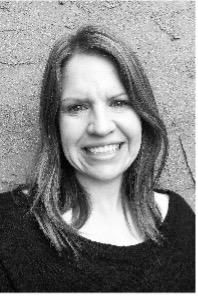 Presented by: Trisha Robinson is the Epidemiologist Supervisor of the Waterborne Diseases Unit at the Minnesota Department of Health where she oversees the routine surveillance activities, outbreak investigations, and health promotion activities for all waterborne pathogens, including Cryptosporidium, Giardia, Legionella, and free-living ameba.
Presented by: Trisha Robinson is the Epidemiologist Supervisor of the Waterborne Diseases Unit at the Minnesota Department of Health where she oversees the routine surveillance activities, outbreak investigations, and health promotion activities for all waterborne pathogens, including Cryptosporidium, Giardia, Legionella, and free-living ameba.
Topic description: In the Land of 10,000 Lakes, we are lucky to be surrounded by so many great places to swim and recreate! Unfortunately, the risk of waterborne diseases is also a reality. Learn about different waterborne diseases and what you can do to help minimize your risk of getting one of the diseases this summer.
August 3, 2023 - Impending AIS threats: Can they kill my pet or hurt my kids? [See Video Presentation Here]
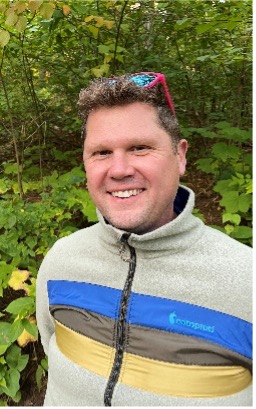 Presented by: Dr. Cody Sheik is an Associate Professor at the Large Lakes Observatory, University of Minnesota Duluth, Duluth, MN. He is a microbial ecologist that focuses on the roles microorganisms, especially cyanobacteria, play in freshwater ecosystems. The Sheik Lab uses DNA-based approaches to identify microorganisms and the functional roles they mediate in the environment. His lab specializes in integrating genome-based data with environmental data to dissect nutrient cycles. His work has primarily focused on the Great Lakes but recently has extended to cyanobacterial blooms across Minnesota. Here they use the genomes of the cyanobacteria to identify cyanotoxin-producing vs non-toxin-producing species, with the ultimate goal of identifying the culprits and their growth cycles
Presented by: Dr. Cody Sheik is an Associate Professor at the Large Lakes Observatory, University of Minnesota Duluth, Duluth, MN. He is a microbial ecologist that focuses on the roles microorganisms, especially cyanobacteria, play in freshwater ecosystems. The Sheik Lab uses DNA-based approaches to identify microorganisms and the functional roles they mediate in the environment. His lab specializes in integrating genome-based data with environmental data to dissect nutrient cycles. His work has primarily focused on the Great Lakes but recently has extended to cyanobacterial blooms across Minnesota. Here they use the genomes of the cyanobacteria to identify cyanotoxin-producing vs non-toxin-producing species, with the ultimate goal of identifying the culprits and their growth cycles
Topic Description: Microorganisms are an important lynchpin of all ecosystems, but the overgrowth of bacteria can lead to short and long-term problems for freshwater systems. Certain bacteria, specifically cyanobacteria, can produce toxins which can impact human and animal health. In this talk, I will share important research we are doing across Minnesota and the Great Lakes to identify what microbes are present and to consider the implications to our environment and our use of water for recreation and daily living. I will also talk about some non-native microbes that can cause even bigger problems as they invade our lakes.
September 7, 2023 - How healthy is your well? [See Video Presentation Here]
 Presented by: Anne Nelson is an Extension Educator working for the University of Minnesota Extension with a focus on rural groundwater management. She works primarily with farmers and private well owners to manage and protect groundwater as a drinking water source. She works with nutrient management, irrigation management, and private well concerns.
Presented by: Anne Nelson is an Extension Educator working for the University of Minnesota Extension with a focus on rural groundwater management. She works primarily with farmers and private well owners to manage and protect groundwater as a drinking water source. She works with nutrient management, irrigation management, and private well concerns.
Topic Description: In much of rural Minnesota residents rely on private wells as their drinking water source. Starting in 1974 construction of private wells was regulated by the state of Minnesota but any maintenance after installation is the responsibility of the owners. During this talk, we'll discuss the proper construction of a private well in Minnesota, issues to look for, and how often to test and maintain your drinking water.
October 5, 2023 - CANCELLED: Is household water softener salt harming our lakes?
October 31, 2023 - SPECIAL: Supernatural lakes: monsters, ghosts, witches, fairies, and aliens. [Presentation Here]
![]()
 Presented by: Dr. John Downing, Director of the Sea Grant College Program, a research scientist at the Large Lakes Observatory on Lake Superior, and a professor in the Department of Biology at the University of Minnesota, Duluth. Photo processing by https://makemeazombie.com/
Presented by: Dr. John Downing, Director of the Sea Grant College Program, a research scientist at the Large Lakes Observatory on Lake Superior, and a professor in the Department of Biology at the University of Minnesota, Duluth. Photo processing by https://makemeazombie.com/
Topic Description: For centuries, people have looked at lakes and ponds as places of mystery, wonder and the unknown. Perhaps this is because they can't easily see beneath the surface so let their imaginations run wild - or is it? As a Hallowe'en treat, I will talk about supernatural lakes and tell stories of lake monsters, lake ghosts, lake witches, wicked water fairies and even aliens harbored beneath the seemingly serene waters of lakes around the world. Kick your Halloween off the aquatic way and learn some strange and supernatural things about the lakes we love.
November 2, 2023 - Ice formation and melting on lakes: What we know and why it matters. [See Video Presentation Here]
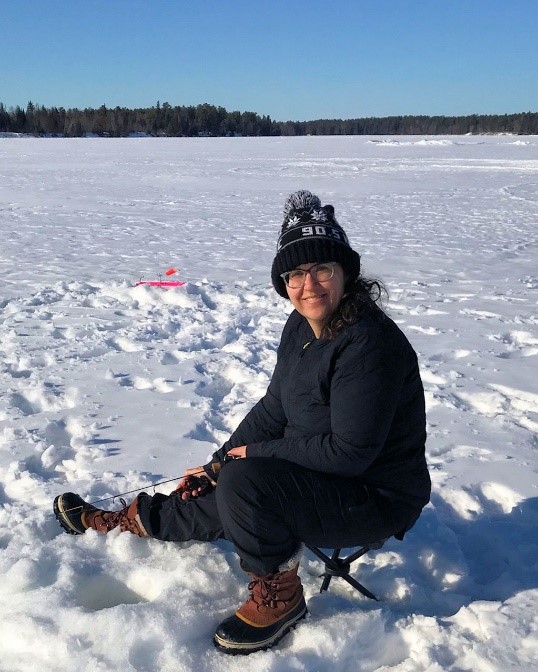 Presented by: Dr. Lesley Knoll is an Assistant Professor at Miami University (Ohio). She is a freshwater ecologist, and her research focuses broadly on how global change affects freshwater systems. Some of her recent work focuses on warming winters and lakes showing that lakes are biologically active in the winter, that what happens in the winter can shape lake dynamics in the summer, and that lakes provide important cultural ecosystem services to people during the winter.
Presented by: Dr. Lesley Knoll is an Assistant Professor at Miami University (Ohio). She is a freshwater ecologist, and her research focuses broadly on how global change affects freshwater systems. Some of her recent work focuses on warming winters and lakes showing that lakes are biologically active in the winter, that what happens in the winter can shape lake dynamics in the summer, and that lakes provide important cultural ecosystem services to people during the winter.
Topic Description: The winter season in Minnesota is beloved by many in the state, and for some, lake ice is the draw. The ice season on Minnesota lakes is shorter than it used to be. This story in Minnesota is part of a bigger story because lakes around the world are experiencing similar changes over the past century. We are finding that with less reliable ice there is a loss to the cultural, social, and economic benefits of ice-related winter activities in Minnesota and other northern areas. We are also working to understand how warmer winters, with less ice cover and increased temperatures, affects lake biology in the winter and into the summer. In this talk, we’ll explore the implications of losing lake ice in Minnesota and beyond.
Practical Water Wisdom Series Planning Committee
Shirley Loegering, Committee Chair, Itasca Waters Director
Sandy Anderson, Itasca Waters Director
Kathy Cone, Itasca Waters Director
Dr. John Downing, Itasca Waters Director
Bill Grantges, Itasca Waters Director
Jan Sandberg, Itasca Waters Director
Stephanie Kessler, Itasca Waters Advisory Board and ICOLA President
Brian Whittemore, Itasca Waters Volunteer and former Itasca Waters Director
Johnnie Fulton, Itasca Waters Volunteer
Chad Maniekee, Itasca Waters Volunteer and MN Sea Grant Staff
Bethann Perendy, Itasca Waters Coordinator
Video Presentations of the 2022 series can be found here
This series is presented by Itasca Waters with the support from Minnesota Sea Grant, Itasca Soil and Water Conservation District, Itasca Coalition of Lake Associations, KAXE/KBXE, Rapids Radio and Grand Rapids Herald Review.
![]()
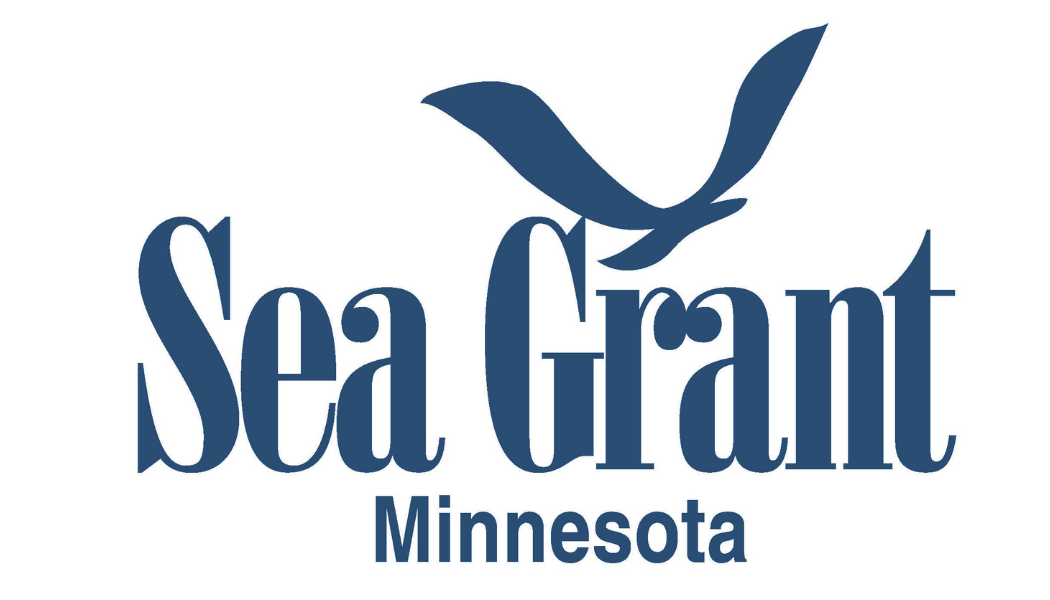
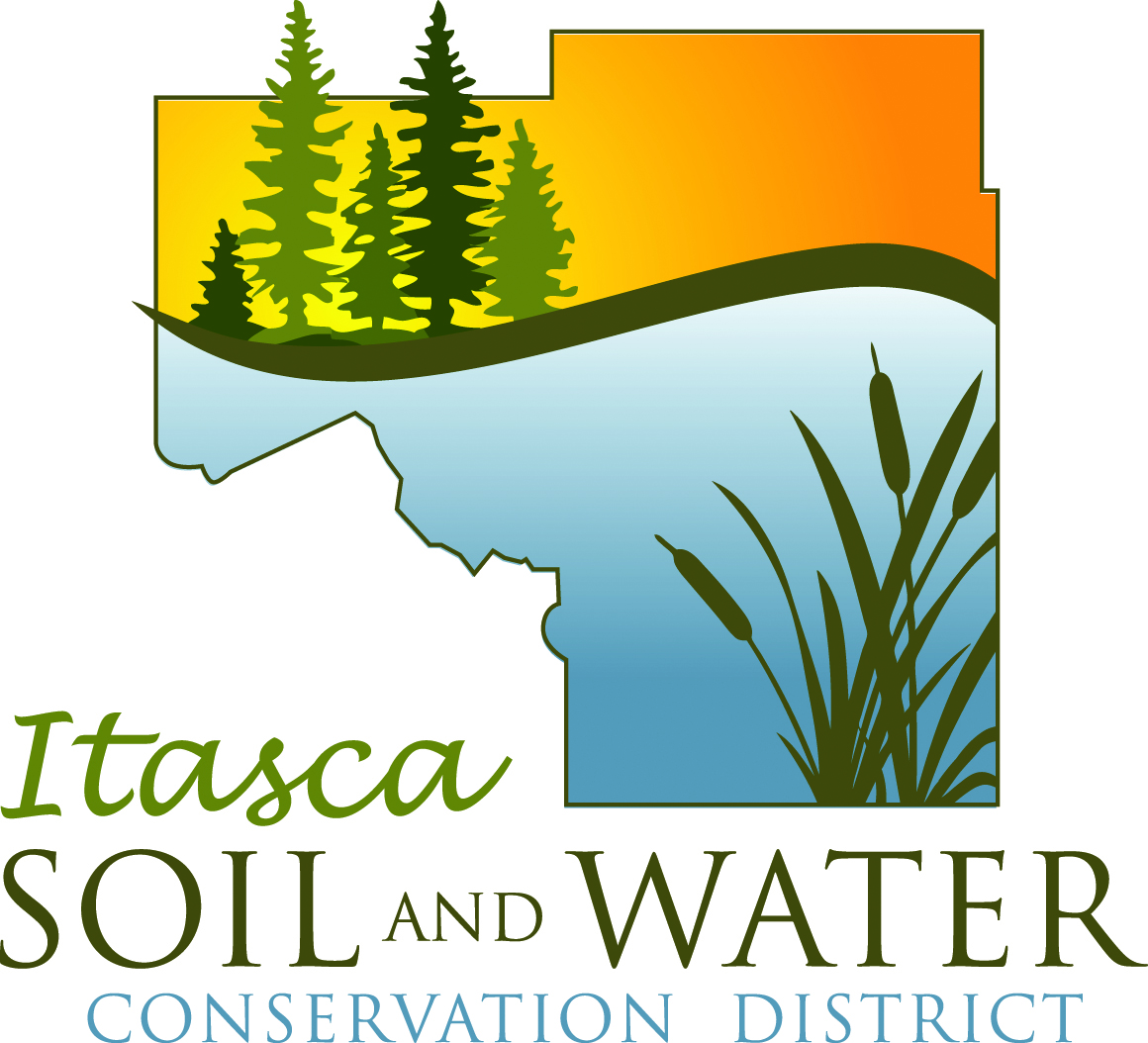
%20(Custom)%20(1).png)
